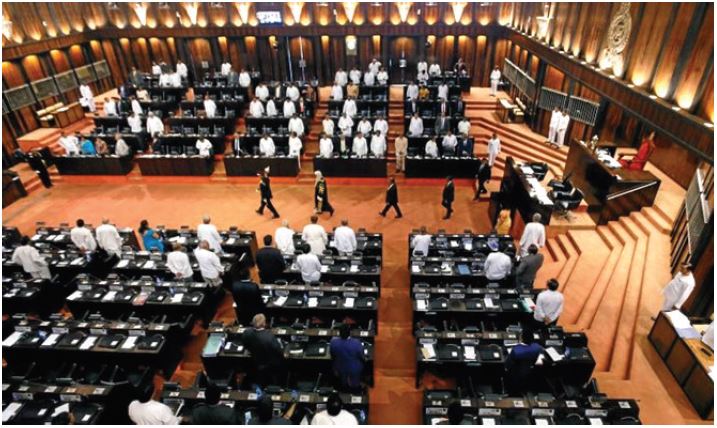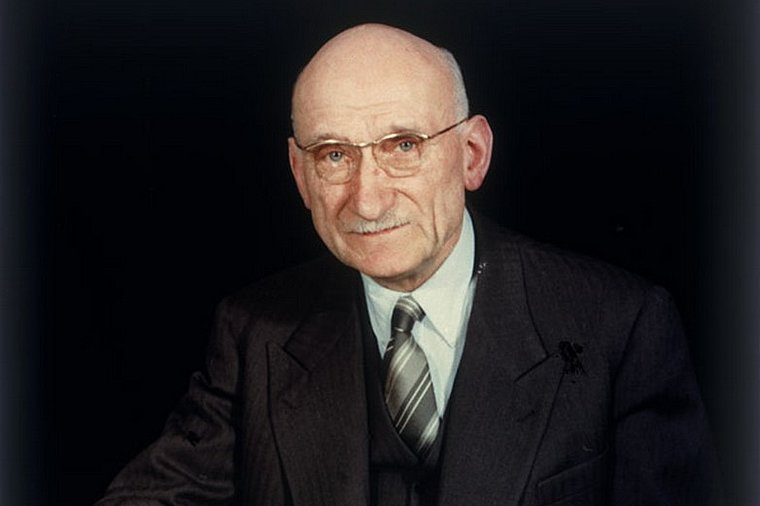“Politics is based on the fact of the plurality of men… it is about the coexistence of the different… it is born among men… it is born in the infra and is affirmed as a relationship”. Luciano Manicardi quotes H. Arendt in the opening pages of “Spirituality and Politics”, adding that “in the empty space between men, between me and the other, between me, the other and the third, between us and the others, therefore in the interpersonal and social space, politics also meets the spiritual dimension”.
For decades, the political coexistence of different people in Europe has been guaranteed by the form of representative democracy and the rule of law. Today, this structure is shaken by the spread of new inequalities on a global scale, by the social effects of climate change, by the phenomenon of large migrations, by the rooting of the paradigm of “artificial intelligence”. In the face of these epoch-making innovations, we are tempted to take refuge in a neo-authoritarian, populist, nostalgic and pre-conciliar thought, which is basically hostile towards freedom and pluralism. Or we can trigger together new civil scenarios, leveraging the faculty that Manicardi always writes about: imagination.
It is necessary, then, to imagine new democratic horizons. In reality, there is no need to “brainwash” too much, because it would be enough to put in common the many positions taken that, so far in isolation, have followed one another in favor of the so-called deliberative democracy. It was precisely on this subject that the MEIC launched a reflection in 2018 with the intervention of Rosy Bindi at the Week of Camaldoli. Other cultural subjects have also begun to pay attention to these issues…
Deliberative democracy is characterized by being based on structured participatory paths in which each person can see his or her own point of view recognized and can be put in a position to listen to the points of view of others. The participatory paths are conducted, for a period of two to three months, by a coordinator who is distinct from the public decision-maker and who is expert in facilitation and equidistant from the parties involved who, in the process, meet, confront and sometimes clash. Participants do not vote, but listen to each other. Deliberative democracy “enhances” the contribution of experts (university lecturers, technicians, etc.), but also of counter-experts, without forgetting the “common knowledge” that comes from citizens. Finally, deliberative democracy requires that public decision-makers take the participants’ arguments seriously, committing themselves to specify in public which proposals that emerged from the process will be accepted and which will be rejected, indicating their motivations.
It seems like fanta-democracy: yet our country has for decades been crossed, albeit quietly, by experiments in democratic innovation in the wake of deliberative! Here I remember the public debates held on the Gronda di Genova (2009), on the port of Livorno (2016) and on the use of red plaster for the restoration of a quarry in Gavorrano, in the Grosseto area (2017). In the latter two cases, the processes have been facilitated thanks to the presence of a specific Tuscan regional law (n. 46 of 2013). The Emilia-Romagna Region, the Province of Trento and the Apulia Region have also recently endowed themselves with legislative instruments capable of triggering new participatory processes….





Leave A Comment
You must be logged in to post a comment.